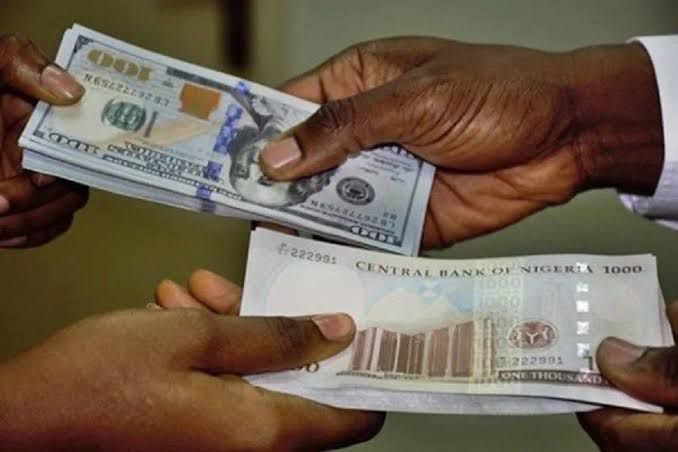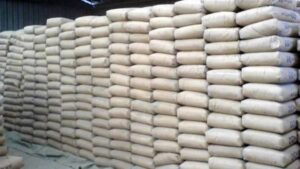Naira Plummets to N1089/$ on Official I&E Window

With a total FX turnover of $97.45 million, the naira decreased by 27.19% from its previous close of N856.57/$ on Tuesday. The naira has now closed below N1,000 on the official window four times.
The Central Bank of Nigeria (CBN) has paid $2 billion toward its backlog of commitments and is still owed $7 billion for forward contract obligations, demonstrating the futility of the apex bank’s attempts to settle its arrears of matured foreign exchange obligations to Deposit Money Banks.
These payments, according to Hakama Alia, the CBN’s acting director of corporate communications, represent the bank’s continued efforts to settle all outstanding forward transactions in order to lessen the pressure on the nation’s exchange rate. It is anticipated that this measure will significantly strengthen the Naira hug against other major world currencies and further increase investor confidence in the Nigeria economy.
The government’s recent attempts to increase foreign exchange market liquidity are in opposition to the naira’s decline versus the dollar. The African Import-Export Bank granted the Federal Government a $2.25 billion foreign exchange assistance facility at the end of 2023, with the first tranche of the facility’s $3.3 billion intended to address the economy’s FX shortages.
Dr. Ayo Teriba, Chair Executive Officer of Economic Associates, stated that insufficient foreign exchange supply is the cause of the naira’s instability. He claimed that although investments have not yet materialized, the administration has been working to increase the supply of foreign exchange. Teriba was upbeat that the forex would increase reserves if the government could follow through on its intention to open up to investors and meet the demand in the FX market, and the naira would stabilise.
Teriba also emphasized that the nation’s supply problems won’t be resolved by the recent infusion of $2.3 billion in crude forwards. According to him, Nigeria must provide sufficient access to draw in foreign capital in order to stabilize the currency, lower inflation, boost growth, and raise living standards.










